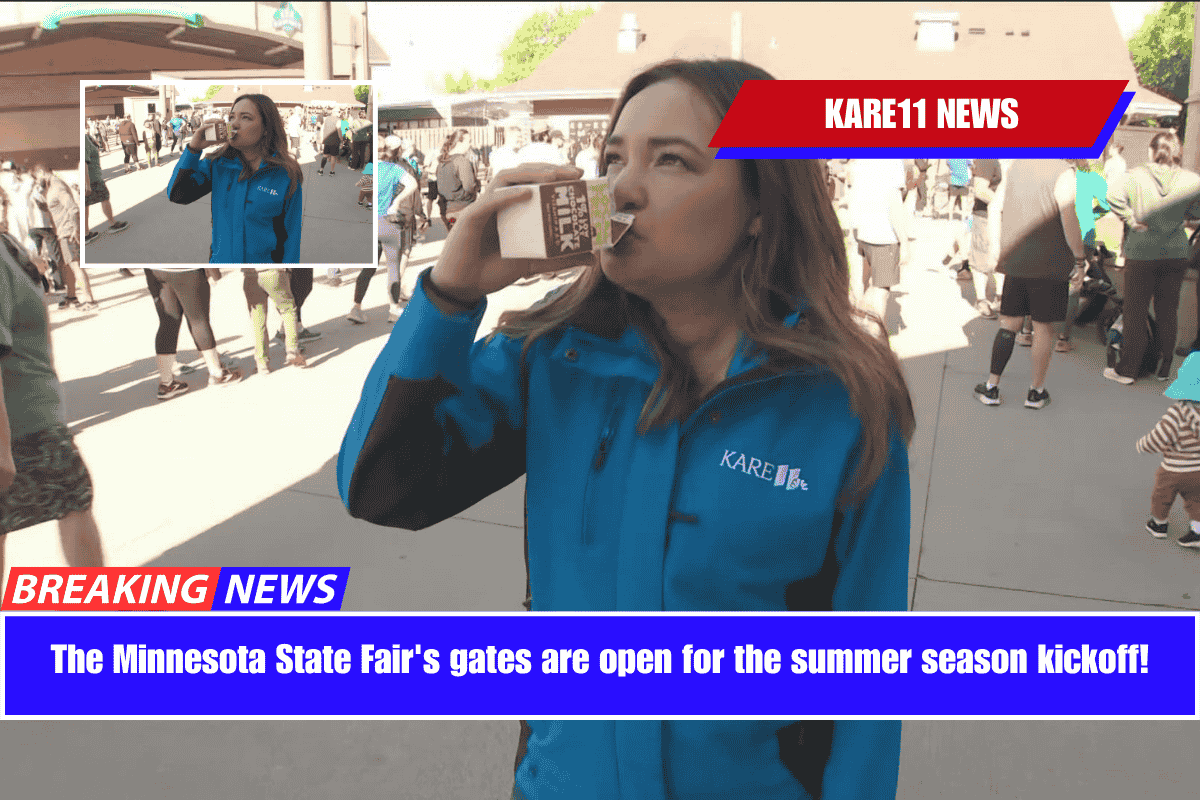Minneapolis — Former Minneapolis Police Chief Medaria Arradondo recalls getting a call around midnight from a community activist. The caller directed him to watch a video on social media of a white officer pinning a Black man to the ground, despite his fading pleas of “I can’t breathe.”
The dying man was George Floyd. The officer’s name was Derek Chauvin. And Arradondo was the city’s first Black police chief.
“It was absolutely gut-wrenching,” Arradondo, 58, said in an interview before the fifth anniversary of Floyd’s murder.
What he saw contradicted what his own people had told him about the deadly encounter, and he knew it would result in changes for his department and city. But he admitted he didn’t anticipate how deeply Floyd’s death would reverberate in the United States and around the world.
“I served for 32 years,” he explained. “But there’s no doubt May 25th, 2020, is a defining moment for me in my public service career.”
The video shows Chauvin kneeling on Floyd’s neck, pinning him to the pavement outside a convenience store where Floyd attempted to buy cigarettes with a counterfeit $20 bill. Chauvin kept the pressure on for 9 1/2 minutes despite pleas from bystanders to stop, even after an off-duty firefighter attempted to intervene and another officer said he couldn’t find a pulse.
Arradondo conducted the interview in a public library that had been severely damaged in the unrest that followed Floyd’s death. It’s on Lake Street, a major thoroughfare that witnessed some of the worst devastation, and he says it still bears “remnants of the pain and anger of what occurred five years ago.”
Just down the street is the empty shell of a police station that was burned down during the riots. A Target store and a Cub Foods supermarket have been looted. The storefronts remain boarded up. While some businesses were rebuilt, others remained abandoned.
Arradondo continues to support his and Mayor Jacob Frey’s decision to abandon the Third Precinct and let it burn. Protesters broke into the building, and police, who were already stretched thin, lacked the resources to keep it secure. So he directed his officers to leave.
“During the most significant crisis we’ve ever experienced, arguably in the state, when it’s life or death, I’ve got to go on the side of keeping people alive and safe,” he told reporters.
Despite a resistant police culture and a powerful officers union, Arradondo went on to help launch an overhaul of the city’s policing. He testified against Chauvin in his 2021 murder trial, a rare breach of the “blue wall” that traditionally shields officers from accountability for wrongdoing.
Five years later, Arradondo, who will retire in 2022, believes law enforcement agencies across the country have made progress on police accountability, albeit incrementally, and that police chiefs and sheriffs are now moving more quickly to hold officers accountable for egregious misconduct.
Arradondo was promoted to chief in 2017, and his appointment sparked hope among local African Americans, who affectionately referred to him as “Rondo.” However, his department had a reputation for using excessive force, and many people were outraged when police killed young Black men in Minnesota and elsewhere.
Arradondo stated that he wished he had made more changes to the police department before Floyd was killed.
“I would have pushed harder and sooner at trying to dismantle some of the toxic culture that allowed that indifference to exist that evening, on May 25th, 2020,” he told me. “I certainly would have invested more time elevating the voices in our community that had been pleading with police departments for decades to listen to us and change.”
Arradondo recently published a book titled “Chief Rondo: Securing Justice for the Murder of George Floyd,” which delves into leadership, justice, and race, the broader implications of policing, and the difficulties of working within a flawed system. He closes with a letter to Floyd’s daughter, Gianna.
“I never had an opportunity to meet Gianna, but I wanted her to know that, even though I was not out there that evening, at that intersection when her father was pleading for help, that I heard him, and I was going to do everything I could to bring him justice,” he told the reporter.
He wanted to say what she hadn’t heard from the four former officers convicted in George Floyd’s death:
“I apologize.” I’m sorry that your father was taken from you.


















Leave a Reply